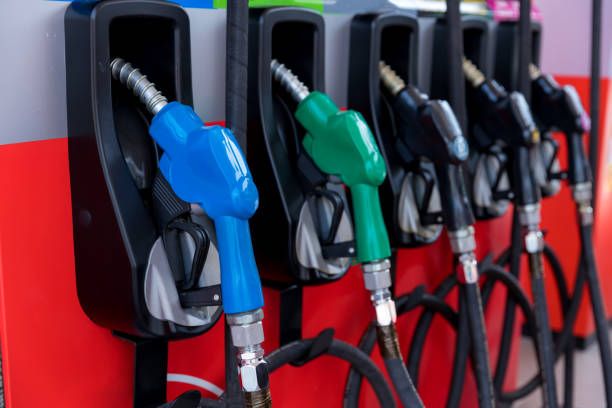We specialize in safe storage and handling of premium and regular gasoline grades (RON 90–95). Our floating-roof tanks, vapor recovery, and metered transfer systems are engineered to minimize losses, protect air quality, and preserve fuel integrity from receipt to dispatch.

Final specs per contract/market; COA/TDS provided each batch.


RON 90–95; contact us for regional specs (E5/E10 oxygenate variants).
Yes — dedicated tanks/lines and distinct additive programs.
Seasonal blending and tank temperature management per local regulation.
Marine, pipeline, rail, and truck depending on terminal location.